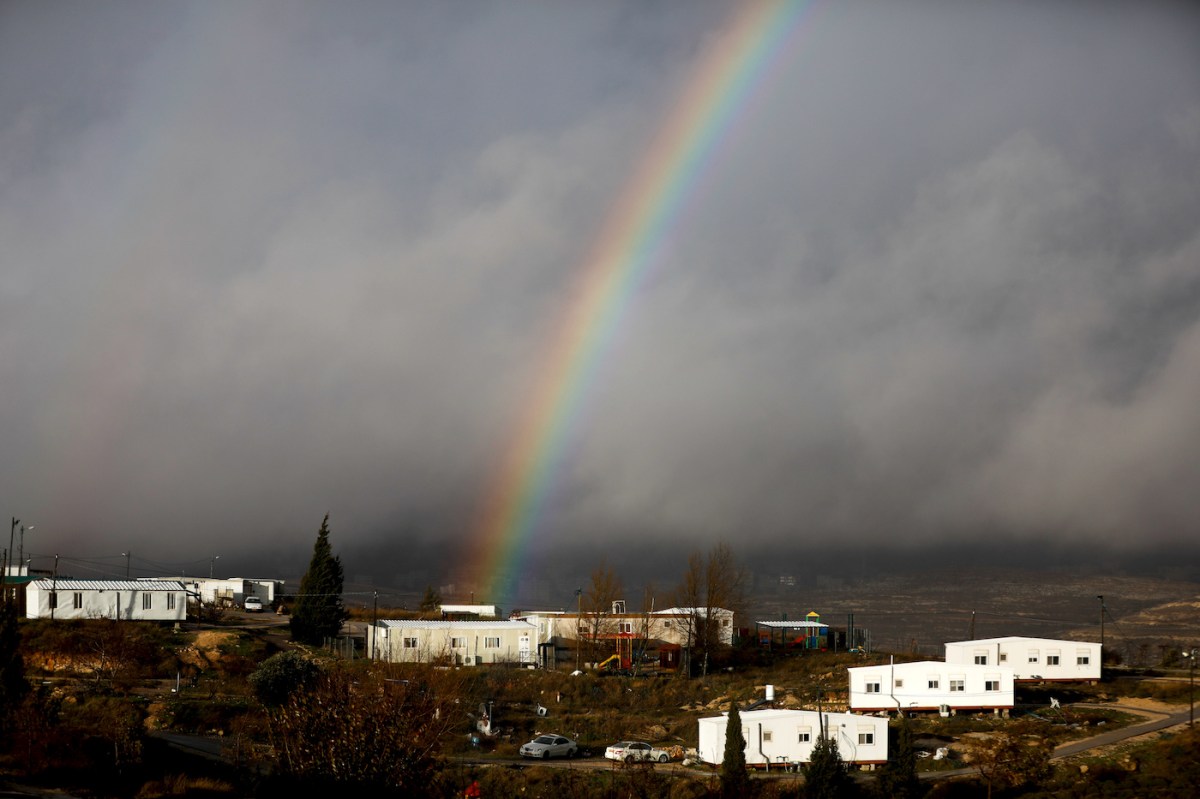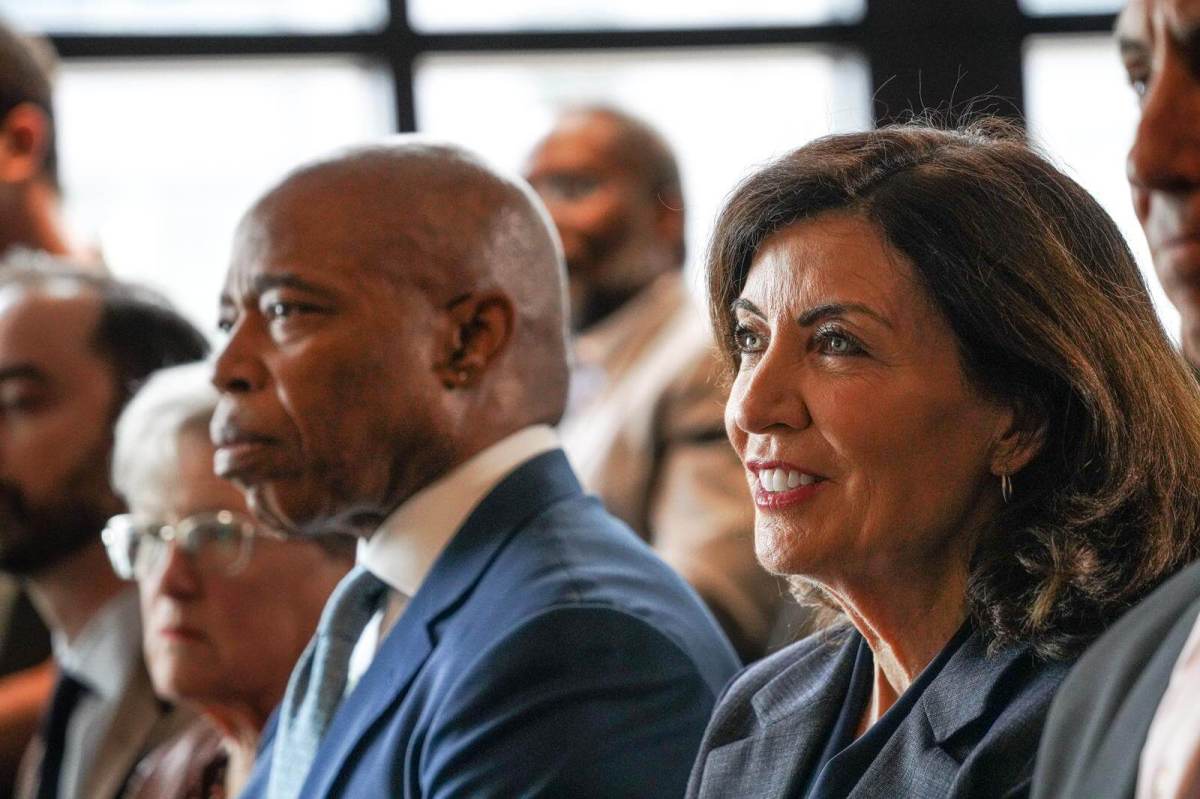By Luke Baker
JERUSALEM (Reuters) – Israeli officials welcomed on Friday what they took as U.S. consent to expand existing settlements, after the White House reversed a long-standing policy of condemning building on occupied land. In its first substantive announcement on the Israeli-Palestinian conflict, the Trump administration said it did not see existing settlements hampering peace with the Palestinians, although it recognized that “expansion of existing settlements beyond their current borders may not be helpful in achieving that goal.” At one level, that appeared to be an attempt to rein in Prime Minister Benjamin Netanyahu, who has announced wide-ranging settlement expansion plans since the Jan. 20 inauguration, including around 6,000 new homes. But on closer reading, the statement was a softening of policy from the Obama administration and even that of George W. Bush, because it does not view settlements as an obstacle to peace or rule out their expansion within existing blocs. “Netanyahu will be happy,” a senior Israeli diplomat said in a text message. “Pretty much carte blanche to build as much as we want in existing settlements as long as we don’t enlarge their physical acreage. No problem there.” Israel’s deputy foreign minister, Tzipi Hotovely from the right-wing of Netanyahu’s Likud party, interpreted it in a similar way, saying construction in the occupied West Bank and East Jerusalem, which the Palestinians want for their own state together with Gaza, would go on unhindered. “It is also the opinion of the White House that settlements are not an obstacle to peace and, indeed, they have never been an obstacle to peace,” she said. “Therefore, the conclusion is that more building is not the problem.” Israel seized the West Bank and East Jerusalem in the 1967 Middle East war. The 50th anniversary of the occupation, which Israel marks as a reunification of Jerusalem, is in June.
There was no immediate comment from the Palestinians.
DOUBLE BENEFITS
Since taking office, President Trump has largely kept quiet on the Israeli-Palestinian issue, making no comment in response to Netanyahu’s announcements for thousands more settler homes, a silence interpreted as endorsement. During the campaign, Trump said he would not interfere or push Israel to negotiate on a two-state solution to the conflict. He has nominated David Friedman as ambassador to Israel, a religious Jew who has raised money for the settlements and supports moving the U.S. embassy from Tel Aviv to Jerusalem. Trump supported that idea during the election campaign, but it has been put on the back-burner in recent weeks. Under Barack Obama, the White House maintained a firm anti-settlements line, calling them illegitimate and an obstacle to peace. Most of the world considers settlements illegal under international law, a position Israel rejects. The European Union and Britain issued statements this week criticizing Netanyahu’s settlement plans, which they see as further breaking up the West Bank and undermining the possibility of a contiguous Palestinian state ever emerging. Netanyahu, who will visit Trump in Washington on Feb. 15, may see the White House statement as doubly beneficial.
As well as not ruling out building within existing blocs, which Israel hopes to retain in any final agreement with the Palestinians, it may allow him to silence far-right voices in his own coalition calling for much greater settlement growth and annexation of parts of the West Bank. Trump has effectively set a limit on how far-ranging settlement-building can be, so Netanyahu will be able to tell the far-right their ambitions are out of the question.
At the same time, Netanyahu may have to curtail some of the plans he himself has announced in recent days.
While most of the 6,000 settler homes he has promised are in existing blocs, many are not and may have to be scrapped if he wants to adhere to the White House line. He may also have to rethink a pledge this week to build the first new West Bank settlement since the 1990s. (Additional reporting by Ori Lewis; Editing by Tom Heneghan and Robin Pomeroy)
Israel interprets U.S. settlements statement as green light

By Luke Baker


















